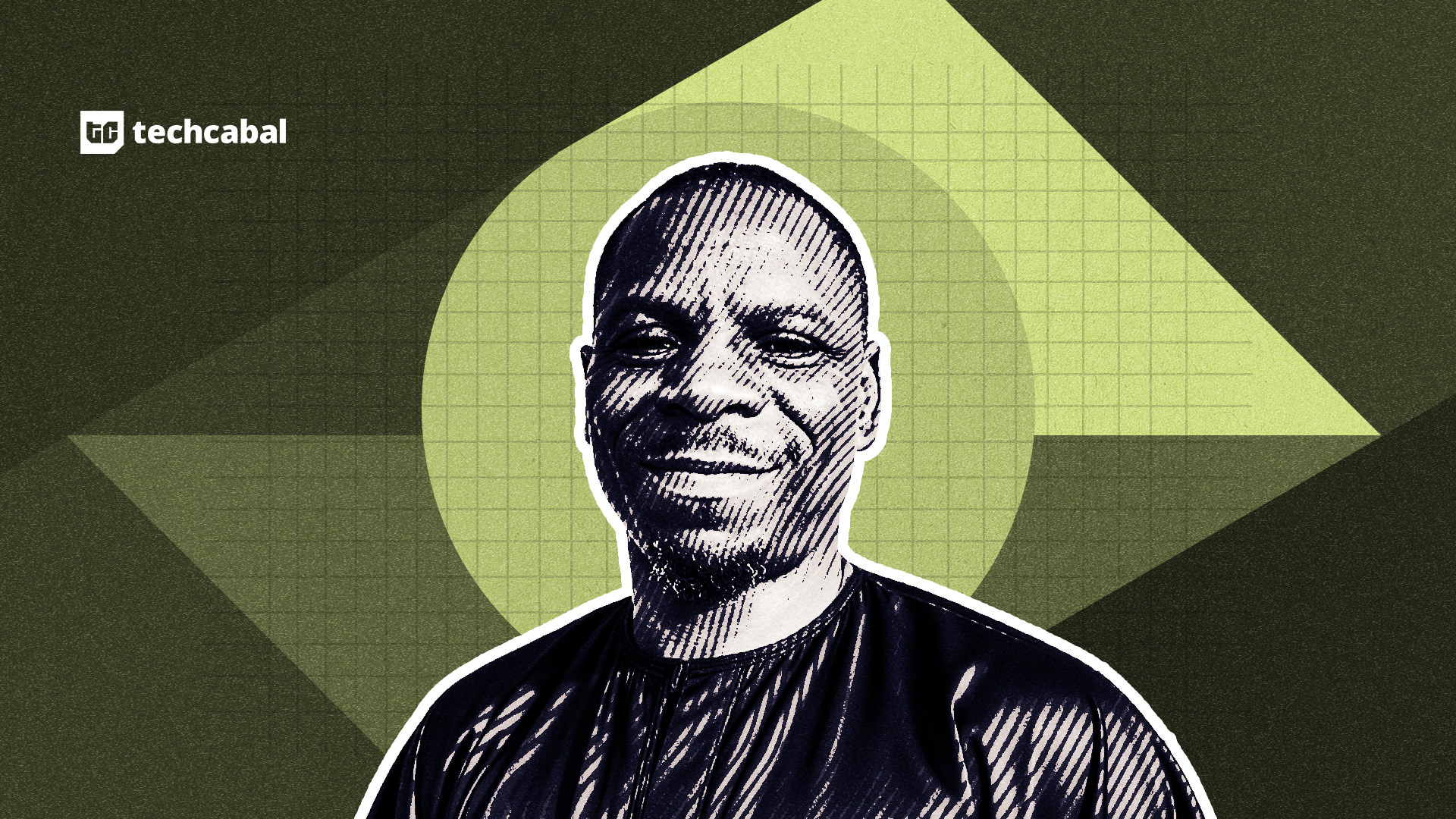After shaping the country’s music scene by directing and editing videos for artists like M.I Abaga, Jesse Jagz, and Brymo, Afam Nwaoboli has successfully transitioned from the analog demands of the early 2010s media terrain to the digital frontier of artificial intelligence. His latest venture, AI Studio, is the culmination of this journey, representing a platform poised to democratise AI for the Nigerian and African creative economy by making world-class tools locally accessible.
Nwaoboli’s early life in tech was sparked by a simple but profound experience: the speed of email.
“The first time I got interested in tech was when someone told me that I could send an email to somebody, and then the next minute they send a reply to you. That was a wow [moment] for me,” he says.
Fascinated, he began building websites for clients, a foundation that quickly merged with an interest in media. Working from a cyber cafe and armed with software like Fruity Loops, he taught himself the intricacies of music and video production. This path was forged without formal instruction, embodying a tenacious, problem-solving spirit.
“I’ve always been self-taught…you have to find a way of figuring out yourself. There was nobody that could come and teach you, so you [had to have] figured it out,” Nwaoboli says.
Through his media company, Entourage Media, Nwaoboli became a key creative force behind the visuals of several early Nigerian music A-listers. With the pseudonym “Afamdman”, he notably directed, shot, and edited music videos for artists like M.I Abaga, Jesse Jagz, and Brymo, alongside work for others like African China, Ruggedman, and Sooti. His portfolio includes designing the album sleeves for Faze’s first album.
Nwaoboli’s creative trajectory began with music under his production company, Beatdown Productions, as evidenced by his early clientele. He recalls: “I started in beat making production first… before visuals took over.” This production arm allowed him to work on beats for artists like Faze. His definitive move to visuals came in 2006 after producing for the female group Dynamix: “[I] started first producing for a female group called Dynamix first and [worked on] their first video in 2006. That is how I entered the visual space.”
Working on visuals solidified Nwaoboli’s status as a pioneer in media production before he shifted his focus back to technology around 2010.
Early tech ventures and the modular mindset
Nwaoboli’s return to full-time tech was driven by an entrepreneurial spirit focused on using technology to solve everyday Nigerian challenges. This drive led to the founding of YesModular in 2022, the parent company under which his tech products are housed. His projects often demonstrate a vision well ahead of the market’s capacity.
In 2002, he co-founded Smit (Smart Messaging Information Technology), attempting to push mobile apps and SMS products—a venture that proved challenging due to the underdeveloped ecosystem and lack of funding at the time.
“This was when GSM just came out, so we were working on pushing out ringtones for GSM then. We were really ahead of our time, basically,” he says.
This forward-thinking approach continued with Busfare, a mobile solution designed in 2023 to allow Nigerians to pay for bus transportation by scanning a QR code with their phones, eliminating the need for cash or specialised cards. While successfully test-run, the project had to be paused due to regulatory challenges, particularly the need for a CBN license to facilitate financial transactions.
Currently, Nwaoboli is also finalising creators.ng, a platform designed to connect brands with content creators to run viral campaigns, thereby democratising access to brand partnerships.
“The idea is for brands to go to the platform and drop their briefs, and for different content creators to pick up the briefs, create content around the brief, post them, and get paid based on the metrics the brands have set up. It could be likes, views, comments, or shares and the brands will pay the creators based on how much of these metrics they have amassed,” he says.
Read also: Why Samuel Ogunkoya built a writing tool for people who want to write better
AI Studio
The culmination of Nwaoboli’s journey now rests with AI Studio, a Large Language Model and image generation platform launched in May 2024. AI Studio is built explicitly to address the barriers facing African users attempting to leverage global AI tools.
The platform’s primary impact lies in its ability to solve the core issues of accessibility and cost. Globally available AI models typically charge in dollars, creating an enormous hurdle for local users. AI Studio cuts through this by allowing users to pay in naira, effectively bringing world-class technology within reach.
“That’s one of the challenges we found that Nigerians are having, having to pay for all these different models because they charge in dollars.”
Beyond payment, AI Studio aggregates several top AI models in a single location, allowing users to move seamlessly between different tools without juggling multiple subscriptions. The platform also fosters a community by allowing users to view, test, and learn from the prompts used by others, turning the platform into a learning environment.
“We are also adding AI Studio Academy, an arm of AI Studio, which we hope to be the AI school for all Nigerians, where you go and learn about all the ways you can use AI,” Nwaoboli says.
A collaborative future
Nwaoboli’s philosophy views AI not as a threat, but as an indispensable equaliser for the African continent. He sees the technology as a collaborative tool, much like a camera, that dramatically lowers the bar to entry for high-quality production.
“As Nigerians, this gives us a whole lot of edge, because we do not have the kind of equipment, know-how, locations, or money [that AI has given to us],” he says. “I don’t see anybody from the Nigerian state that should be complaining [about creators using AI], because this is a God-given tool for us.”
He opines that instead of fearing AI-driven job displacement, professionals should embrace it, advising them to “change the form” of their expertise to adapt to the new tools. For the ecosystem to truly flourish, Nwaoboli argues, the focus must shift from stifling regulation—which often halts early dreams like Busfare—to fostering collaborative spaces where ideas can be exchanged and young builders can receive the encouragement and support necessary to thrive.
Recommended: Adora Nwodo refuses to rest on her laurels










